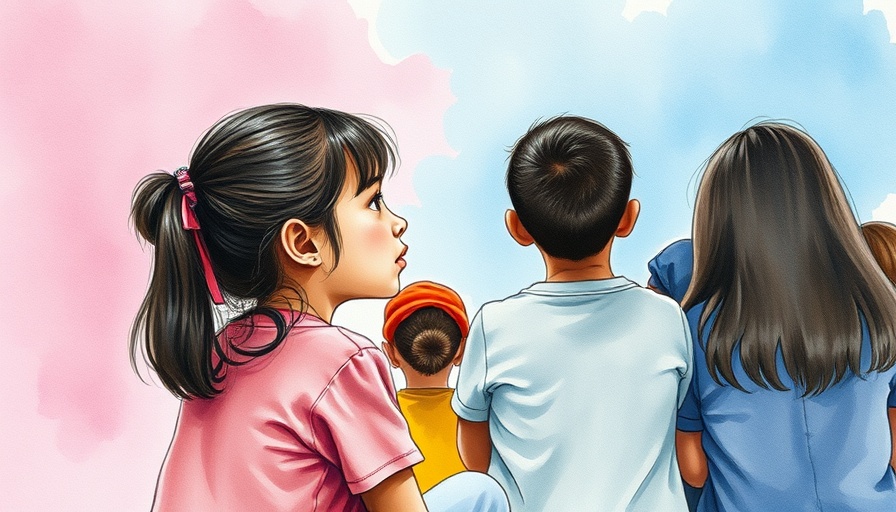
The Unseen Costs of Exclusion: Understanding Our Mean Instinct
As humans, we possess an inherent tendency to exclude others, a behavior deeply embedded in our social instincts. The article 'The Mean Instinct: Why We Exclude Others and How to Stop' explores this fundamental aspect of human interaction, particularly its damage to both individuals and communities. Poor self-esteem and feelings of inadequacy often drive our secrets to keep others out. This defensive mechanism leads us to form cliques or groups that thrive on the disconnect, impacting not just our mental health but also the overall well-being of society.
How Exclusion Impacts Our Mental Health
Exclusion doesn’t just hurt the person on the outside; it takes a toll on those who exclude as well. Individuals expressing this mean instinct may experience higher levels of stress and anxiety, contributing to mental health challenges. In South Africa, where community and connection are central to cultural life, fostering an inclusive mindset could be crucial in mitigating issues like youth crime. By engaging in mindfulness and meditation practices, we can learn to embrace empathy over exclusion, allowing self-efficacy and resilience to flourish.
Connecting Through Empathy: A Roadmap to Inclusion
What can we do to combat our mean instincts? The first step is acknowledging that we all possess these feelings. Building meaningful connections requires vulnerability and a willingness to confront our biases. When we interact with individuals from varied backgrounds, we can challenge our existing perceptions and open our hearts. Therapy is a beneficial route to explore these ideas further—especially for those dealing with feelings of inadequacy or fear of rejection. Techniques like mindfulness can facilitate a shift in our mentality, leading to reduced stress and increased emotional well-being.
Mindfulness and Meditation: Tools to Change Our Narrative
Incorporating mindfulness and meditation into our daily routines offers remarkable benefits for mental health. Not only can these practices reduce stress, but they can also enhance our capacity for empathy. A simple meditation practice of just ten minutes a day can help shift our focus towards compassion rather than exclusion. Resources are available across South Africa, with classes and groups that help individuals, particularly the youth, explore these opportunities. This collective shift can have a profound impact on how we connect with one another.
The Ripple Effect: Changing Our Thinking for Good
The implications of addressing exclusion are far-reaching. By promoting resilient and empathetic communities, we pave the way for future generations to grow in environments that value diversity and acceptance. The power of our connections can inspire change not only at an individual level but across entire communities. As families and educators, fostering inclusive environments encourages youths to contribute positively rather than turn to crime. It all begins with recognizing our behaviors, understanding their root causes, and deciding to change.
Concluding Thoughts: Empowered Together
Ultimately, overcoming the mean instinct demands collective effort. We each hold the capacity to inspire change through our actions and choices. It’s time to cultivate resilience within our families, communities, and, importantly, ourselves. Moving forward, let us commit to inclusion, mindfulness, and reflection, nurturing a future grounded in positivity and understanding.
Join us in this journey: engage in mindfulness practices, share your experiences with compassion, and encourage those around you to do the same. When we stand together, we redefine what it means to be a community—ultimately empowering not just ourselves but generations to come.
 Add Row
Add Row  Add
Add 




Write A Comment